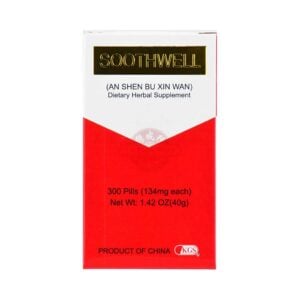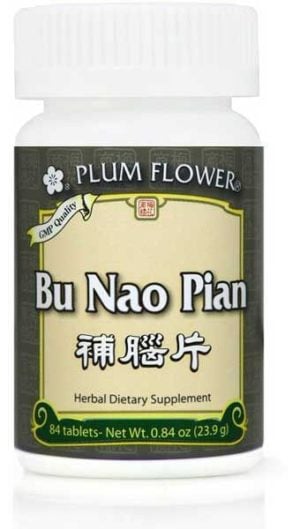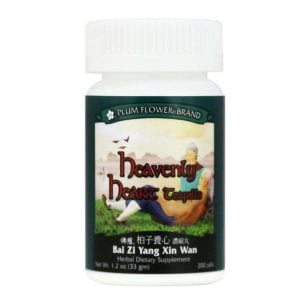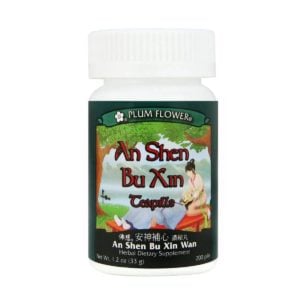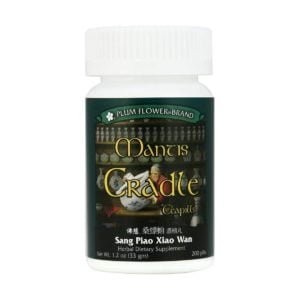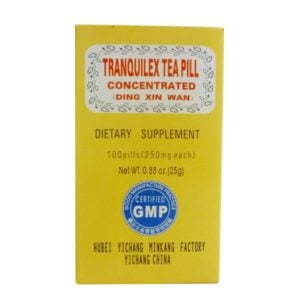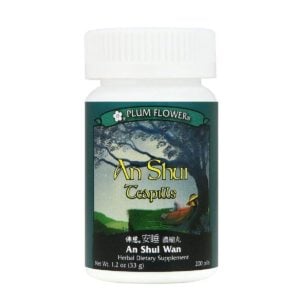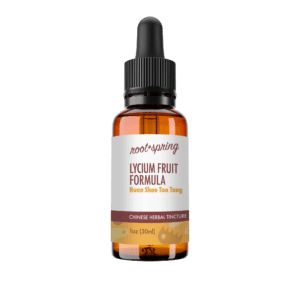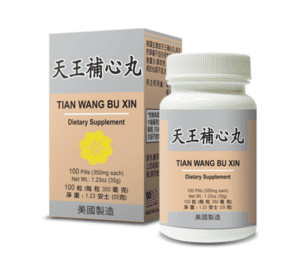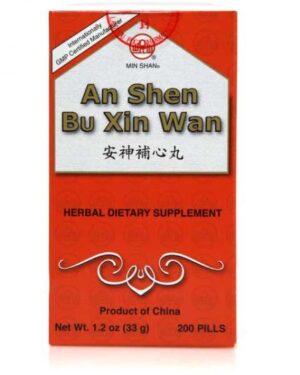Shi Chang Pu
English Name: acorus, grass-leaf sweet-flag rhizome
Pharmaceutical Name: Rhizoma Acori
Medica Category: Orifice-Opening Herbs
Properties: Shi Chang Pu enters the Heart and Stomach channels; it is acrid in nature and warm in temperature.
What is Shi Chang Pu?:
The Chinese Herb Shi Chang Pu is the dried rhizome of the grass-leaf sweet-flag (Acorus tatarinowii Schott.), a grass-like monocot that grows along rivers, ponds, and lakes, or anywhere the soil is wet enough for it to flourish. The rhizomes, which can run along the ground just below the surface of the soil, are harvested in the fall, cut up into slices and dried for use as medicine.
Traditional Chinese Medicine (TCM) Therapeutic Actions of Shi Chang Pu:
Shi Chang Pu vaporizes phlegm that is obstructing the orifices to re-open them when they are blocked (causing shen disturbance in varying levels of severity up to and including unconsciousness). For example, it can be added to formulas to aid in addressing insomnia and forgetfulness or used in a more direct way to address unconsciousness, seizures, epilepsy, coma, high fevers, and delirium.
Shi Chang Pu dissolves dampness and resolves turbidity in the middle jiao to help improve the Spleen’s transforming & transportation functions. This action addresses such clinical presentations as chest/abdominal fullness and pain, poor appetite, and damp-heat diarrhea.
Shi Chang Pu benefits the throat to address hoarseness of the voice and laryngitis.
–safety/clinical notes:
According to TCM theory (and knowledge gained from practical experience), a few things need to be said generally about the use of orifice-opening herbs in situations of loss-of-consciousness:
- Loss of consciousness is a serious medical condition requiring immediate medical attention. When using herbs in TCM to address this condition, proper differential diagnosis is essential in order to determine whether the loss of consciousness is due to deficiency (tuo zheng, or “abandoned syndrome”) or excess (bi zheng, or “closed syndrome”). It is also necessary to determine whether the condition is cold or hot. This basic differentiation is then integrated with accompanying complications in the individual pattern of imbalance of the person in distress.
- The herbs in this category consume qi and should be reserved for symptomatic treatment in acute situations (i.e. for very short-term use only). Furthermore, while they can restore consciousness and relieve symptoms when used appropriately, they do not address the underlying pattern of imbalances that caused the acute situation in the first place.
- These substances exert their effects on the central nervous system in nuanced ways:
- Bing Pian (borneol) and Zhang Nao (camphor) stimulate the CNS to increase heart rate, BP, and respiration;
- Shi Chang Pu (acorus rhizome) inhibits the CNS, which explains its use in addressing epilepsy and seizures;
- She Xiang (Moschus or deer musk) regulates the CNS depending on dosage level—low doses stimulate the CNS while high doses inhibit it.
All of this is to say that discussion of this substance’s use in restoring consciousness is intended to be educational. Their practical use is complex/nuanced; furthermore, the situations for the use of these herbs are often serious and/or life-threatening and should therefore be left to trained TCM healthcare practitioners. See Chen and Chen, pp. 815-7 for a more complete discussion on this topic.
Products Containing Tag: Shi Chang Pu – Sweetflag Rhizome – Rhizoma Acori
-
An Shen Bu Xin Wan (Soothwell)
Add to CartStarting at $8.99
-
Plum Flower – Heavenly Heart (Bai Zi Yang Xin Wan)
Add to Cart$20.13
$26.50 -
Plum Flower – Mantis Cradle Teapills (Sang Piao Jiao Wan)
Add to Cart$31.33
$41.10 -
Ding Xin Wan – Tranquilex Teapill
Add to CartStarting at $8.49
-
Plum Flower – An Shui Teapills (An Shui Wan)
Add to Cart$34.13
$44.80 -
Tian Wang Bu Xin (Ophiopogon Combo) – by Lao Wei
Add to Cart$11.00

